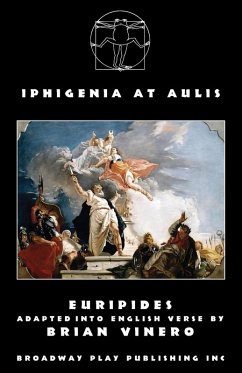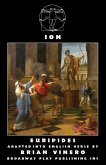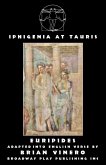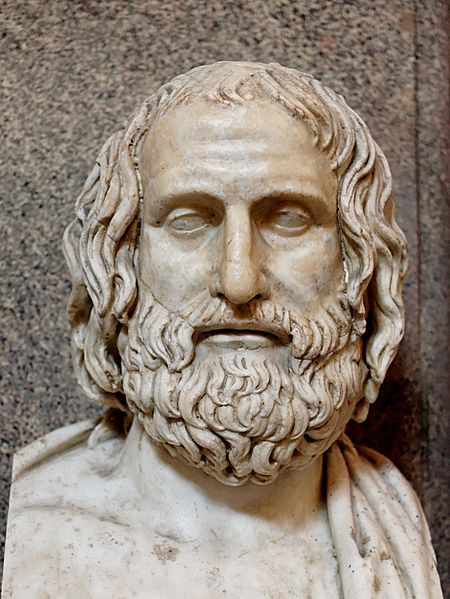On the eve of the Trojan War, the Greek leader Agamemnon is at the port of Aulis and finds himself at odds with the goddess Artemis. She is holding back the wind that will allow his army to sail to Troy and demands the sacrifice of his beloved daughter, Iphigenia, to release it. As tensions mount, Agamemnon finds himself not only confronted by an impatient army but also by his wife, Clytemnestra, and his brother, Menelaus, as he considers his duties to his country and family. As his actions lead to sacrifice and further sacrifices, he sets his family on a bloody, violent path that will carry on through generations. This English adaptation of Euripides' classic play is written in rhymed verse to create an approximation of the rhythms and poetry of the original Greek text.
Bitte wählen Sie Ihr Anliegen aus.
Rechnungen
Retourenschein anfordern
Bestellstatus
Storno










